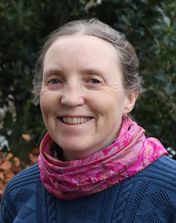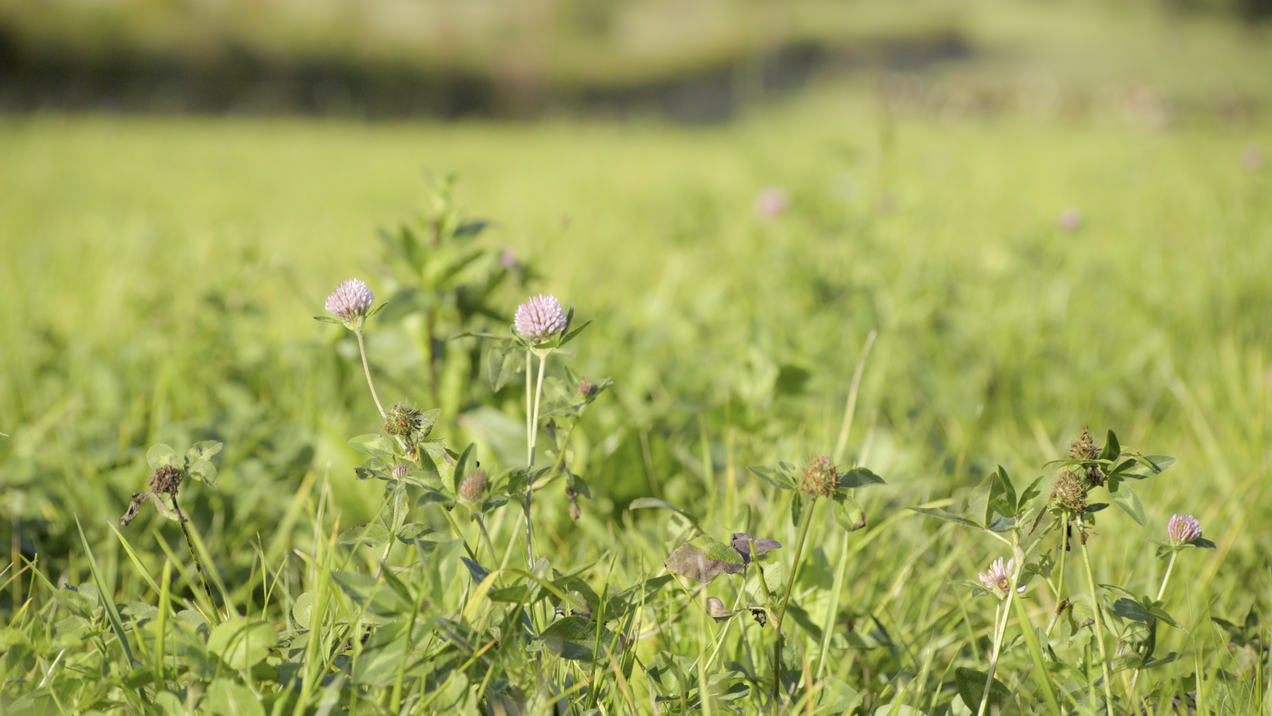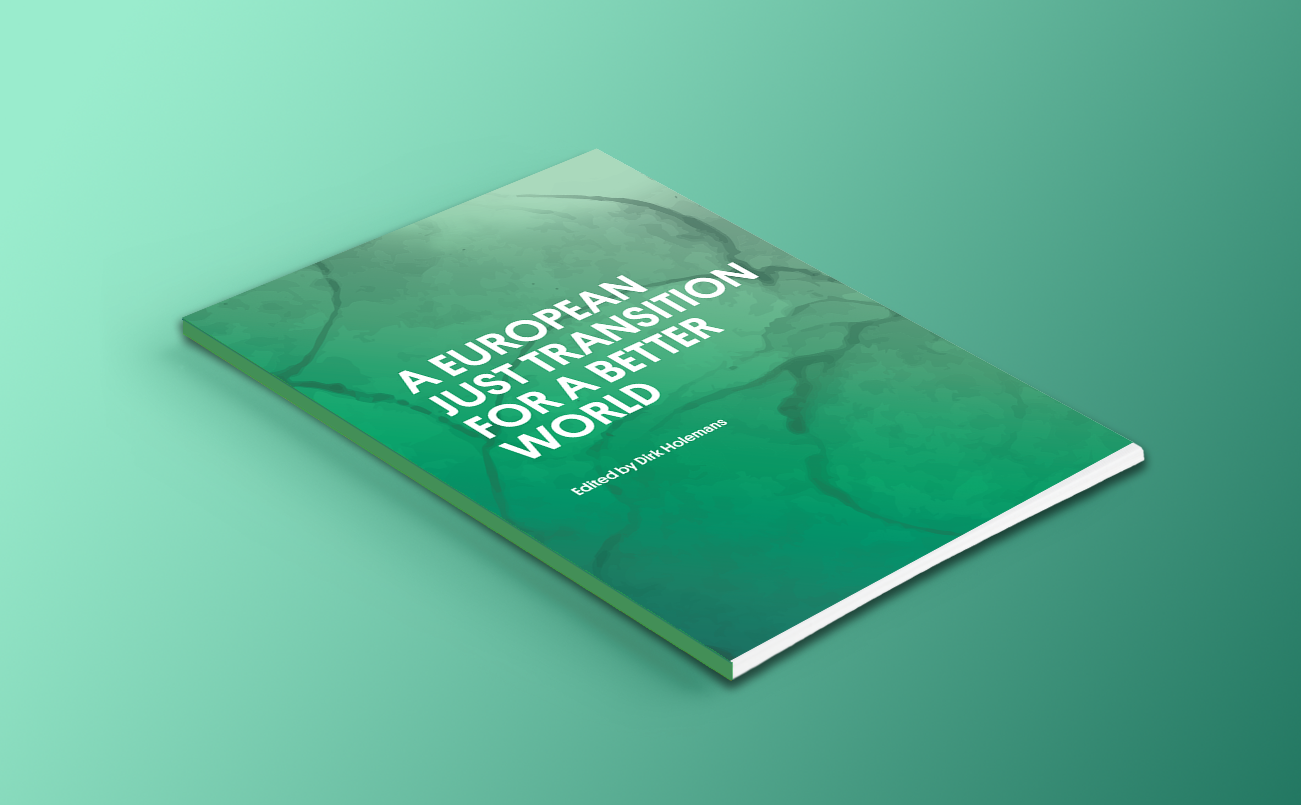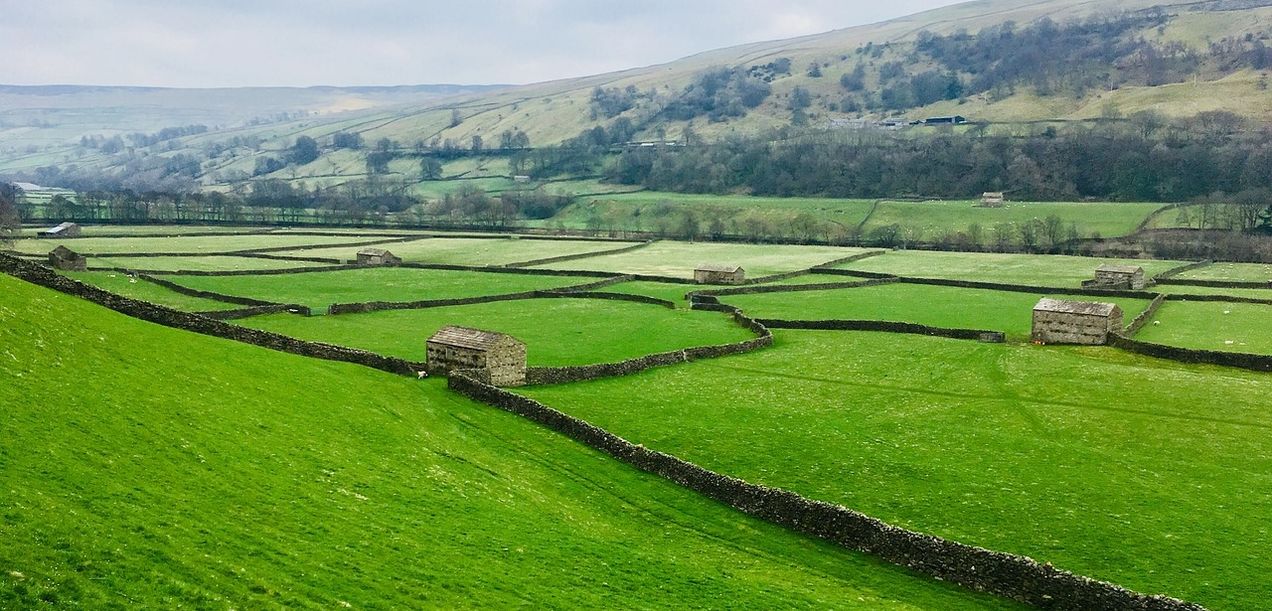Building Community Food Webs
Anne Chapman review 'Building Community Food Webs' by Ken Meter (Island Press , 2021).
A Just Transition in Agriculture Podcasts
A Just Transition in Agriculture podcasts - four part series
Thicker than Water
Anne Chapman reviews Thicker than Water: the Quest for Solutions to the Plastic Crisis by Erica Cirino (Island Press, 2021).
A European Just Transition for a Better World
Green House has contributed two chapters to a new book published this week, A European Just Transition for a Better World. We were partners in this Green European Foundation transnational project tackling the question of a Just Transition – transforming from an extractive to a regenerative economy in a just and
Countdown
Review of Book 'Countdown - How our Modern World is Threatening Sperm Counts, Altering Male and Female Reproductive Development and Imperiling the Future of the Human Race'.
Toxic Legacy, How the weedkiller glyphosate is destroying our health and the environment
Glyphosate is a very widely used general weed killer. Much of the public discussion about its safety is around whether it causes cancer. But Stephanie Seneff's book highlights all the other ways that glyphosate can damage our health.
A Small Farm Future
Chris Smaje argues that the best future we can now hope for is a small farm future (as opposed to the increasingly big farm present), in which many more people than now are involved in food production, mostly on privately-owned small-holdings – realising the old demand for ‘three acres and a cow’.
Stopping fossil fuel extraction – a lockdown approach
Chapman argues we should shift attention from carbon emissions to stopping fossil fuel extraction. The climate crisis requires we stop extraction now, but just as in the lockdowns there were exceptions to the general stay at home rule, there would need to be exceptions to the ban on fossil fuels
The Future of Farming
“Rather than fixating on veganism as being the answer to reducing the impacts of our food system we need to have a better understanding of the complexities of farming.” Director of Green House think tank Anne Chapman suggests an alternative way of looking at reducing carbon emissions from farming.
Parents For A Future
Much of the book addresses a problem much discussed in environmental philosophy, which is why we should care about what happens in the future, particularly the distant future when we will be long dead. Read’s answer is simply that the future matters to us because we love our children
Food in a Changing Climate
Food in a Changing Climate is part of a series called SocietyNow. Books in this series are intended to be ‘short, informed books, explaining why our world is the way it is, now’ and that make ‘the best of academic expertise accessible to wider audience’
Cumbria and green jobs in Left Foot Forward.
Green House's Anne Chapman discusses the potential for a transition in the Cumbria region into an economic powerhouse and the impact on jobs and the environment










